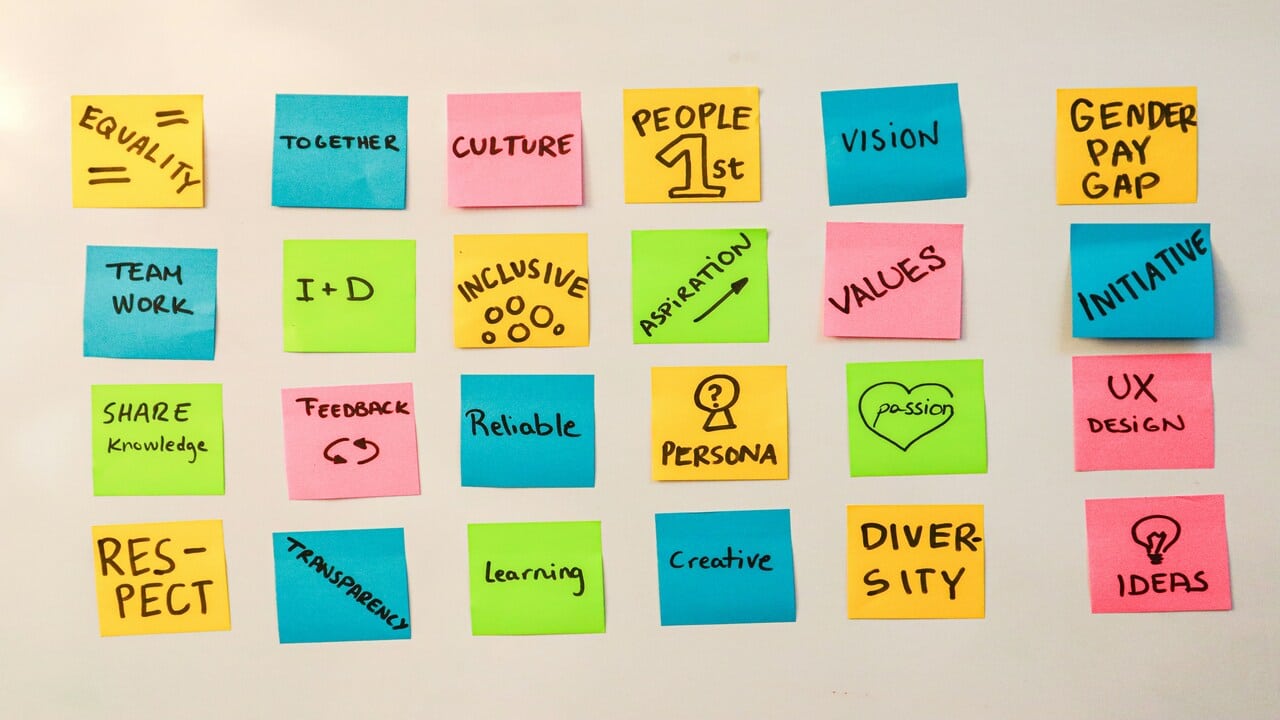
No leadership book fully prepares you for what it’s like to lead through tension, disagreement, or a room full of people who don’t see eye-to-eye. Conflict isn’t just inevitable–it’s the pressure test that shows you exactly who you are and what kind of leader you’ve actually become. It’s also where real respect is either built or lost. These lessons don’t come from TED Talks or team-building retreats. They come from sleepless nights, tough calls, and the internal stretch that only conflict can force on you.
Here’s what you only truly understand by stepping into the heat and leading through it.
1. Conflict Doesn’t Destroy Credibility–Your Reaction to It Does

People don’t expect you to be perfect in tense moments, but they do watch closely to see if you lose your cool, play politics, or take things personally. Your ability to stay composed and fair–especially when things get messy–is what defines your leadership in the eyes of others. Conflict is a credibility audit, and it runs silently in the background. If you react with defensiveness or ego, you’re not leading–you’re leaking. Calm doesn’t mean passive. It means mature enough to not let emotion drive the room.
2. Listening Is Your Sharpest Weapon

In conflict, people want to be heard more than they want to be fixed. A leader who listens–deeply, patiently, without interrupting–can lower the temperature in a room faster than any slick solution. Most people don’t even know what they’re really upset about until they’ve had a chance to speak it out loud. Listening allows you to hear what’s beneath the surface. And once someone feels heard, they’re far more likely to hear you.
3. You Don’t Rise to the Occasion–You Fall to Your Preparation

Conflict exposes gaps. If you haven’t built trust, created clarity, or practiced healthy feedback beforehand, tension will highlight the cracks. Leaders who handle conflict well usually didn’t start in the fire–they trained for it in the calm. That means clear communication norms, regular check-ins, and knowing your people. Crisis doesn’t make you better; it reveals what’s already there.
4. Sometimes You’re the Problem

It’s uncomfortable, but sometimes the conflict isn’t between “them”–it’s you. Maybe you’ve been unclear. Maybe you’ve favored one side too long. Maybe your silence created a vacuum someone else filled with resentment. Humble leadership means asking, “What did I contribute to this situation?” before pointing fingers. Self-accountability is disarming and, more importantly, contagious.
5. A Calm Room Starts With a Calm Leader

Energy is contagious. If you walk into a difficult meeting with tension in your voice and panic in your eyes, everyone feels it. Leadership is emotional regulation in public. When you keep your tone level, your words thoughtful, and your posture steady, people borrow your calm. That doesn’t mean suppressing emotion–it means choosing your center and sticking to it.
6. Your Values Are Either Real or Revealed as Fake

Anyone can preach values on a slide deck. But conflict is when people watch to see if you actually live them. If you say you value honesty but punish dissent, your team sees it. If you claim collaboration but make unilateral calls when things get tense, the mask drops. Conflict reveals whether your culture is real or just marketing.
7. Silence Can Be a Power Move–Or a Coward’s Retreat

Not every conflict needs a reaction, but silence should be a choice–not an escape. Used well, it gives space for reflection. Used poorly, it feels like avoidance. People notice when a leader goes quiet to dodge accountability. Speak when it matters. And when you choose silence, make sure it’s for clarity–not comfort.
8. People Don’t Follow You Because You’re Right–They Follow You Because You’re Fair

Being technically correct doesn’t make you effective in a tense moment. If your team doesn’t believe you’re fair, they’ll tune you out, even when you’re right. Fairness means giving everyone space to speak, being consistent in how you treat people, and showing that you value more than just outcomes. In conflict, fairness earns the mic.
9. Leading Through Conflict Means Managing Egos–Including Yours

Conflict is rarely just about facts. It’s about pride, fear, status, and insecurity. You’re not just managing a disagreement–you’re managing emotional investments. That includes your own. The moment you become more interested in “winning” than in understanding, you’ve already lost. Leadership means putting resolution above ego, even when it stings.
10. Some People Just Want the Fight

Not every conflict is constructive. Some people thrive on division, chaos, and drama. These individuals aren’t interested in resolution–they want attention, control, or an emotional release. A mature leader learns to identify this pattern early. Don’t try to reason with manipulation. Set boundaries, stay calm, and don’t get pulled into emotional quicksand.
11. Empathy Doesn’t Mean Agreeing

You can acknowledge someone’s feelings without validating their behavior. Empathy is about understanding someone’s experience–not caving to it. In conflict, it’s possible to say “I hear how frustrated you are” while still holding your line. Empathy gives people the dignity of being seen, which often defuses hostility–even when you don’t bend.
12. Calling Things Out Early Saves You Bigger Pain Later

Most major blowups started as small misalignments. But when leaders avoid discomfort in the name of harmony, tension builds like pressure in a pipe. Address the awkward thing now–before it calcifies. Direct conversations done early can feel uncomfortable in the moment, but they’re the tax you pay to avoid chaos later.
13. You Can’t Fix Everything–But You Must Still Lead Through It

Sometimes, a situation is just broken. People are too dug in, emotions too frayed, history too long. Your job isn’t always to fix–it’s to steady the ship, maintain dignity, and steer forward. Leaders hold the frame even when the picture isn’t perfect. You won’t always end things cleanly, but you can end them with integrity.
14. Feedback Hits Different in the Middle of a Storm

In conflict, people are hyper-sensitive. Your tone, word choice, and delivery carry extra weight. This isn’t the time for flippant remarks, sarcasm, or tough-love posturing. Feedback must be direct, yes–but also respectful and timed well. If you want your message to land, be intentional about how you say it.
15. Apologies From Leaders Matter More Than You Think

When a leader apologizes sincerely, it resets the room. It signals humility, accountability, and psychological safety. Don’t dilute it with justifications. A simple “I didn’t handle that well–and I’m working on it” goes miles further than a defensive breakdown of your side. Real apologies de-escalate and earn trust back fast.
16. Conflict Shows You Who’s Actually With You

When things go sideways, people either step up–or back away. Conflict is the filter that reveals loyalty, character, and emotional maturity. You’ll see who offers solutions, who gossips in corners, and who disappears until things calm down. Pay attention. The storm reveals more than sunshine ever will.
17. Growth Rarely Feels Good While It’s Happening

Leading through conflict stretches you in ways that no podcast or book ever could. It’s exhausting. It’s personal. It forces you to look at your blind spots, regulate your instincts, and still keep the ship moving. But growth rarely feels like growth in the moment. It feels like stress. Later, with perspective, it looks like evolution.






Ask Me Anything